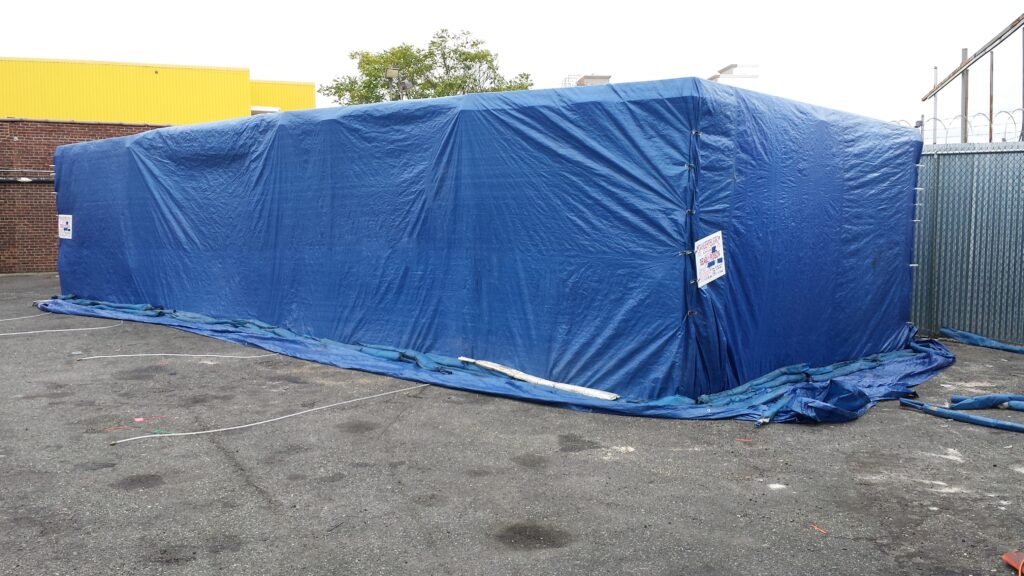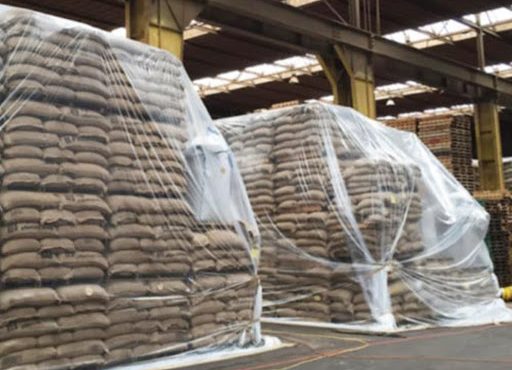


Commodity Fumigation in Singapore
In Singapore’s highly regulated trade and logistics environment, commodity fumigation plays a critical role in safeguarding the quality and biosecurity of goods intended for import, export, or storage. Fumigation is an essential pest control process used to eliminate insects, larvae, eggs, and other pests from commodities such as grains, spices, packaged foods, raw materials, and wood products.
Common Fumigants Used
- Phosphine (Aluminium or Magnesium Phosphide): Widely used for grains, nuts, and dried goods due to its deep penetration and low residue.
- Methyl Bromide: Effective against a wide range of pests; commonly used for quarantine and pre-shipment (QPS) treatments, although usage is regulated due to environmental concerns.
Applications of Commodity Fumigation
- Shipping Containers: Fumigation of full container loads (FCL) before export to meet destination country regulations.
- Warehouse Stock: On-site fumigation of goods stored in warehouses to prevent pest infestation during storage.
- Palletized Goods: Treatment of wooden pallets and packaging to comply with ISPM 15 standards for international shipping.
- Agricultural Commodities: Fumigation of bulk commodities such as rice, wheat, cocoa, and coffee beans to eliminate pests without affecting quality.
Benefits of Professional Commodity Fumigation
- Prevents pest-related damage and loss
- Ensures compliance with international trade and quarantine requirements
- Protects brand integrity and customer trust
- Supports smooth customs clearance for exports
- Conducted safely, efficiently, and with minimal disruption to business operations
